Today’s readings
“You will weep and mourn, while the world rejoices;
you will grieve, but your grief will become joy.”
Jesus continues to prepare his disciples for his not being among them in the flesh. He knows that his death, resurrection and Ascension were all part of the plan, and he wants the disciples to be prepared so that their grief does not overwhelm the mission. He knows that they will indeed grieve, after all, he was fully human in that way too. He grieved over the death of Lazarus and grieved over the needs of the people he ministered to. He knew that sadness was to be expected and please note carefully that he did not tell them not to grieve: “You will weep and mourn, while the world rejoices; you will grieve…” So he does not, as our modern society would, tell them to get over it and get back to work. He knows that grief is healthy and necessary.
But he also gives them hope. Because we Christians do not grieve as if we have no hope. He knows that salvation is the plan, and that death is no longer the end of the story. Their grief would indeed become joy. And joy isn’t the same thing as saying they would always be happy. But just because people grieve doesn’t mean they are not experiencing joy. Because joy is a condition that is not regulated by external circumstances. Joy comes from knowing that God is in control and that salvation is ours.
Joy ultimately comes from the Holy Spirit, the Advocate that Jesus knew for certain he would be sending once he returned to the Father. The Spirit’s presence in our lives gives us a joy that the world and all its grief cannot ever take away. We too look forward to these events as we prepare for our annual celebrations of the Ascension and Pentecost. We may indeed be subject to grief in this life, in many forms. But we have been given the gift of the Spirit, we know that God is in control and that salvation is ours.
We may indeed weep and mourn while the world rejoices; we may grieve, but our grief will certainly become joy.
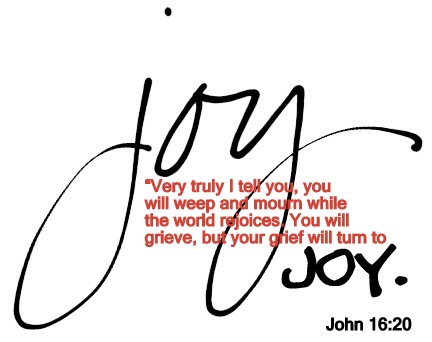
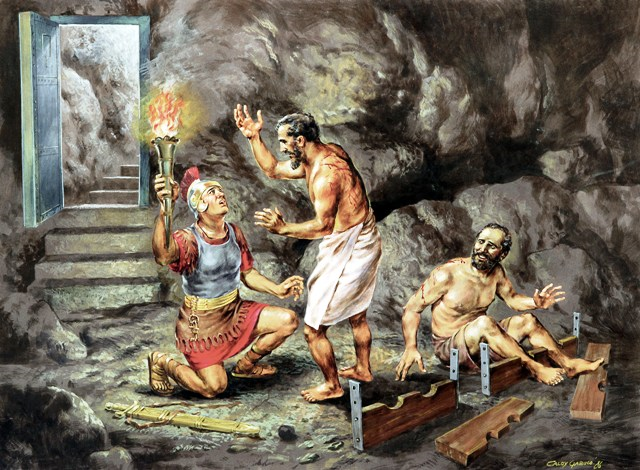
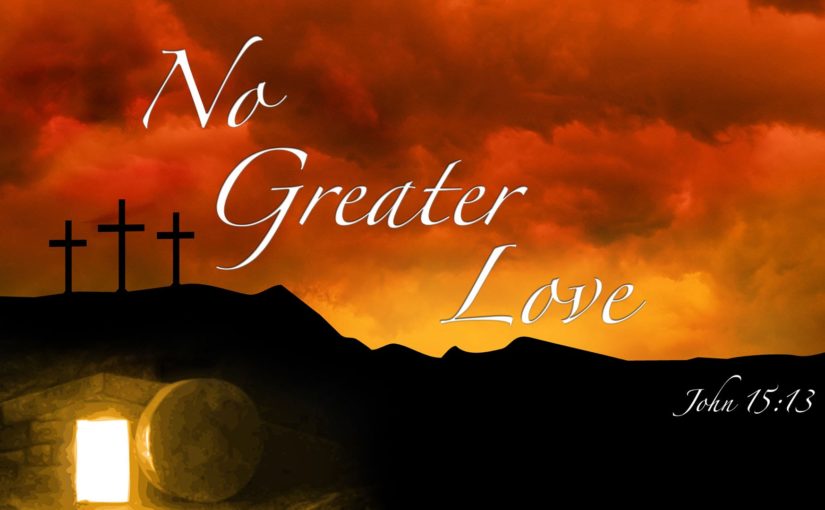


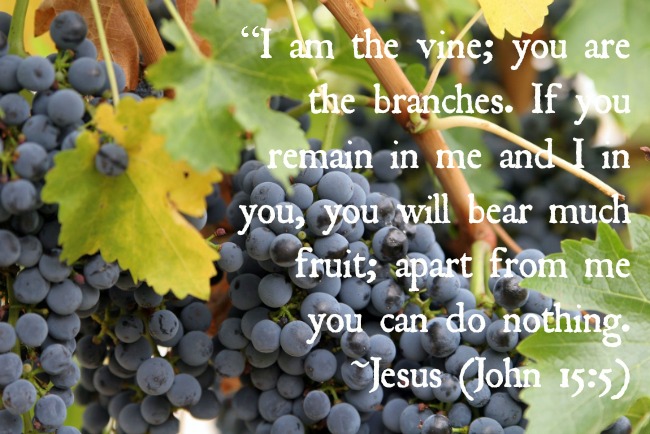
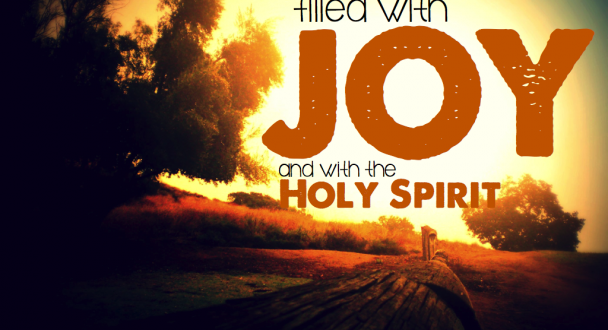


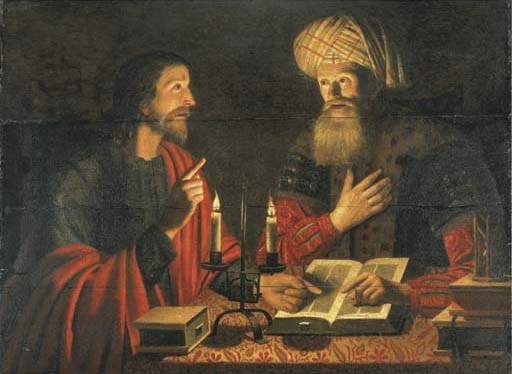
You must be logged in to post a comment.